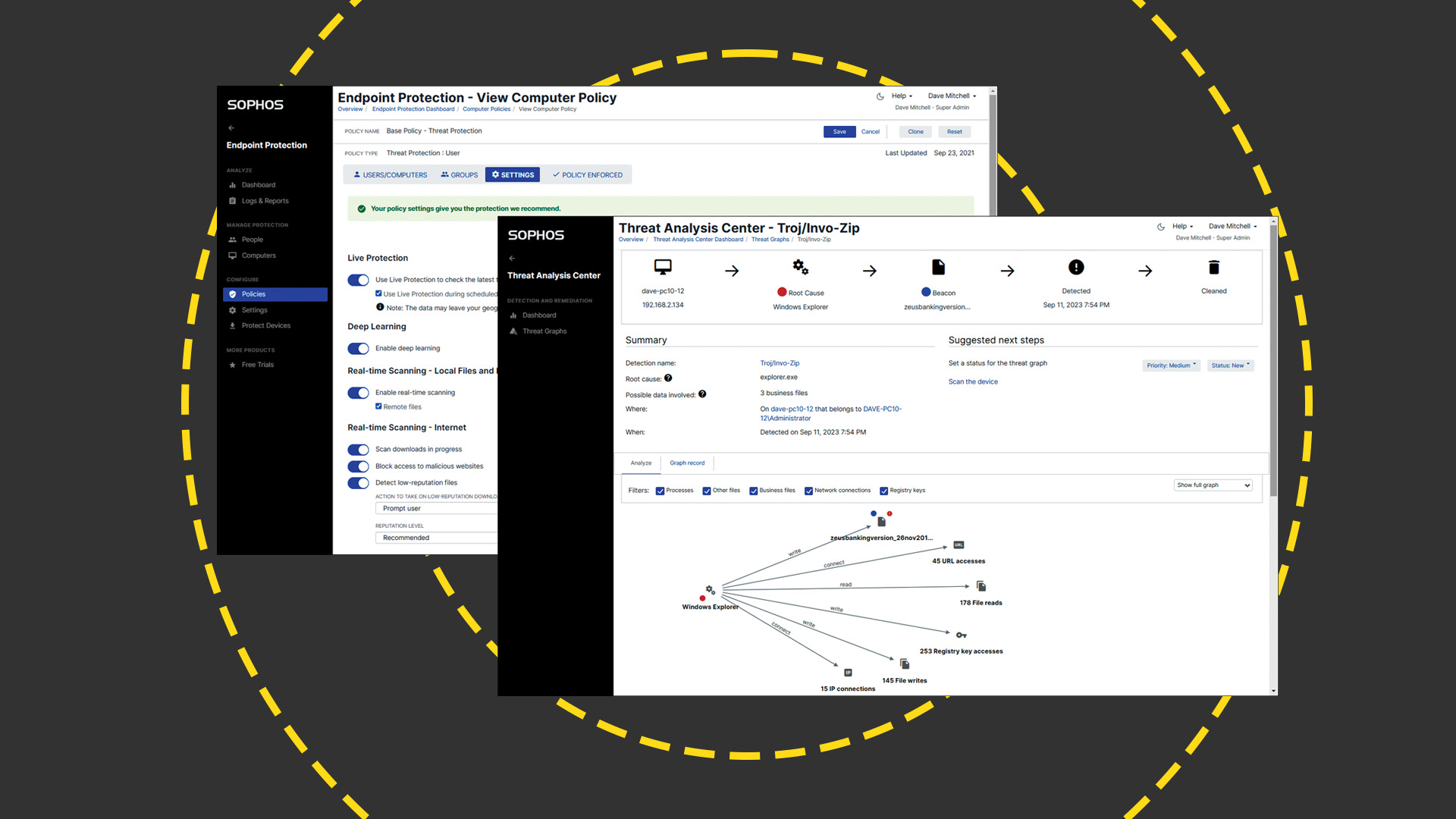ICO exploring Facebook face recognition tech
The UK privacy watchdog says it is speaking to Facebook about the privacy implications of the face recognition technology.


The Information Commissioner's Office (ICO) has confirmed it has made contact with Facebook about controversial face recognition technology on the site.
The social network came under fire this week for not asking users if they were happy for the Tag Suggestions feature to run.
Instead, Facebook decided to green light the feature, which prompted users to tag friends detected by the technology, run by default. Mark Zuckerburg's firm subsequently apologised, saying it should have been clearer with users.
"As with any new technology, we would expect Facebook to be upfront about how people's personal information is being used," an ICO spokesperson said.
"The privacy issues that this new software might raise are obvious and users should be given as much information as possible to give them the opportunity to make an informed choice about whether they wish to use it. We are speaking to Facebook about the privacy implications of this technology."
The feature was running in the US last year, but has now been expanded to most other countries where Facebook operates.
Graham Cluley, senior technology consultant at Sophos and regular Facebook scrutiniser, was critical of the social network's decision to have the feature run by default.
Sign up today and you will receive a free copy of our Future Focus 2025 report - the leading guidance on AI, cybersecurity and other IT challenges as per 700+ senior executives
"Unfortunately, once again, Facebook seems to be sharing personal information by default. Many people feel distinctly uncomfortable about a site like Facebook learning what they look like, and using that information without their permission," Cluley said in a blog post.
"Most Facebook users still don't know how to set their privacy options safely, finding the whole system confusing. It's even harder though to keep control when Facebook changes the settings without your knowledge."
He said the onus should be on users to opt in rather than have to opt out.
"Yet again, it feels like Facebook is eroding the online privacy of its users by stealth," Cluley added.
Facebook admitted it "should have been more clear with people during the roll-out process when this became available to them."
It said photo-tagging suggestions were only made when new photos were added and only friends were suggested rather than random people.
Many privacy supporters have hit out at Facebook in the past over its practices. The social network has sought to allay privacy concerns with regular updates.
Earlier this year, Facebook started asking users for feedback on the best way to present privacy information and settings to make them simpler.
The company said it wanted to make privacy policies "easy to understand," "visual and interactive" and "relevant" to the questions users wanted answered.
Tom Brewster is currently an associate editor at Forbes and an award-winning journalist who covers cyber security, surveillance, and privacy. Starting his career at ITPro as a staff writer and working up to a senior staff writer role, Tom has been covering the tech industry for more than ten years and is considered one of the leading journalists in his specialism.
He is a proud alum of the University of Sheffield where he secured an undergraduate degree in English Literature before undertaking a certification from General Assembly in web development.
-
 Can the ‘microshifting’ trend work in the tech sector?
Can the ‘microshifting’ trend work in the tech sector?In-depth Research shows that employees want to break up their working days into short, flexible blocks – here’s how tech leaders can implement what’s being coined as ‘microshifting’
-
 Driving sustainable AI success for partners with the AI flywheel
Driving sustainable AI success for partners with the AI flywheelIndustry Insights Igniting sustainable AI success and measurable ROI for partners with the AI flywheel
-
 Meta to pay $725 million in Cambridge Analytica lawsuit settlement
Meta to pay $725 million in Cambridge Analytica lawsuit settlementNews The settlement closes the long-running lawsuit into how Facebook's owner, Meta, handled the Cambridge Analytica scandal
-
 Meta's earnings are 'cause for concern' and 2023 looks even bleaker
Meta's earnings are 'cause for concern' and 2023 looks even bleakerAnalysis Calls for investor faith in metaverse tech only emphasise the worries that its investment strategy won't pay off
-
 Sophos Intercept X Advanced review: A huge range of endpoint protection measures for the price
Sophos Intercept X Advanced review: A huge range of endpoint protection measures for the priceReviews A superb range of security measures and a well-designed cloud portal make endpoint protection a breeze
-
 Microsoft and Meta announce integration deal between Teams and Workplace
Microsoft and Meta announce integration deal between Teams and WorkplaceNews Features from both business collaboration platforms will be available to users without having to switch apps
-
 Facebook is shutting down its controversial facial recognition system
Facebook is shutting down its controversial facial recognition systemNews The move will see more than a billion facial templates removed from Facebook's records amid a push for more private applications of the technology
-
 'Changing name to Meat': Industry reacts to Facebook's Meta rebrand
'Changing name to Meat': Industry reacts to Facebook's Meta rebrandNews The rebrand attempts to provide a clearer distinction between Facebook and its umbrella company
-
 Facebook's Oversight Board demands more transparency
Facebook's Oversight Board demands more transparencyNews Board bashed the social media giant for its preferential treatment of certain high-profile accounts
-
 Facebook claims AI managed to reduce hate speech by 50%
Facebook claims AI managed to reduce hate speech by 50%News The social media platform has hit back at claims the tech it uses to fight hate speech is inadequate
